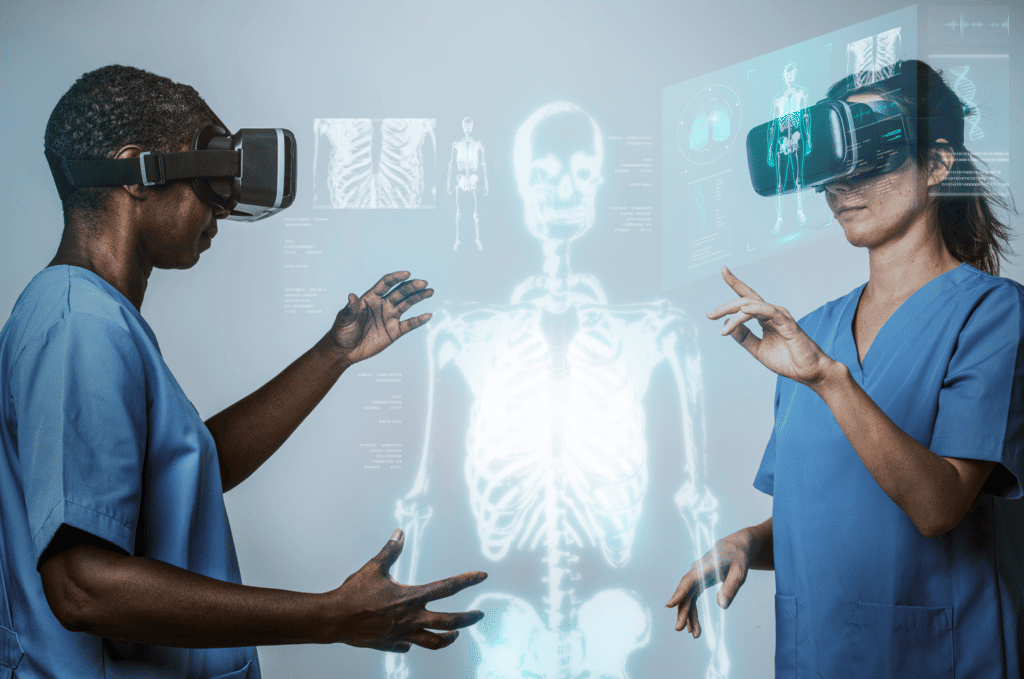Revolution of Physiotherapy: The Role of Wearable Devices
12. 05. 2022
In the PROTOCOLS+ project, with the participation of Ljubljana Technology Park, we are exploring the impact of wearable devices and modern technology on physiotherapy and rehabilitation. The goal is to develop innovative tools such as FES (Functional Electrical Stimulation), and methodologies and instruments for training with wearable technologies.
Wearable devices, ranging from fitness trackers to smart clothing, have become essential for health monitoring. In physiotherapy, these devices are changing the way patient care is administered, allowing therapists to adjust treatments based on real data and improving patient engagement in rehabilitation. Wearable devices provide patients with direct feedback on their progress, which can accelerate recovery.
These devices offer objective data on heart rate, movement patterns, posture, and sleep quality, enabling more effective adjustment of treatments by physiotherapists. Personalization is crucial in modern healthcare, and wearable devices facilitate tailored rehabilitation suited to the individual needs and goals of each patient.
Wearable devices also enable remote monitoring and telehealth, particularly important for individuals with limited mobility or living in remote areas. Telehealth platforms integrated with wearable devices allow the conduct of virtual sessions and remote adjustment of treatments. Additionally, wearable devices aid in injury prevention by monitoring movement patterns and biomechanics.
In Slovenia, the company DTS Hub uses the FroomCare software to enable the selection of professionally chosen exercises and personalized workouts. Physiotherapists can compile exercises for their patients using the International Code of Diseases (ICD), which the patients can perform in their home environment.
We also highlight the collaboration between the University of Ljubljana, URI Soča, Fujita Health University, and Toyota Motor Corporation in developing robotic therapeutic devices for rehabilitation.
This technology has numerous advantages, but there are also challenges such as data privacy and accuracy in data interpretation. Technological advancement promises significant improvements in future healthcare.
Read more about the project HERE.


